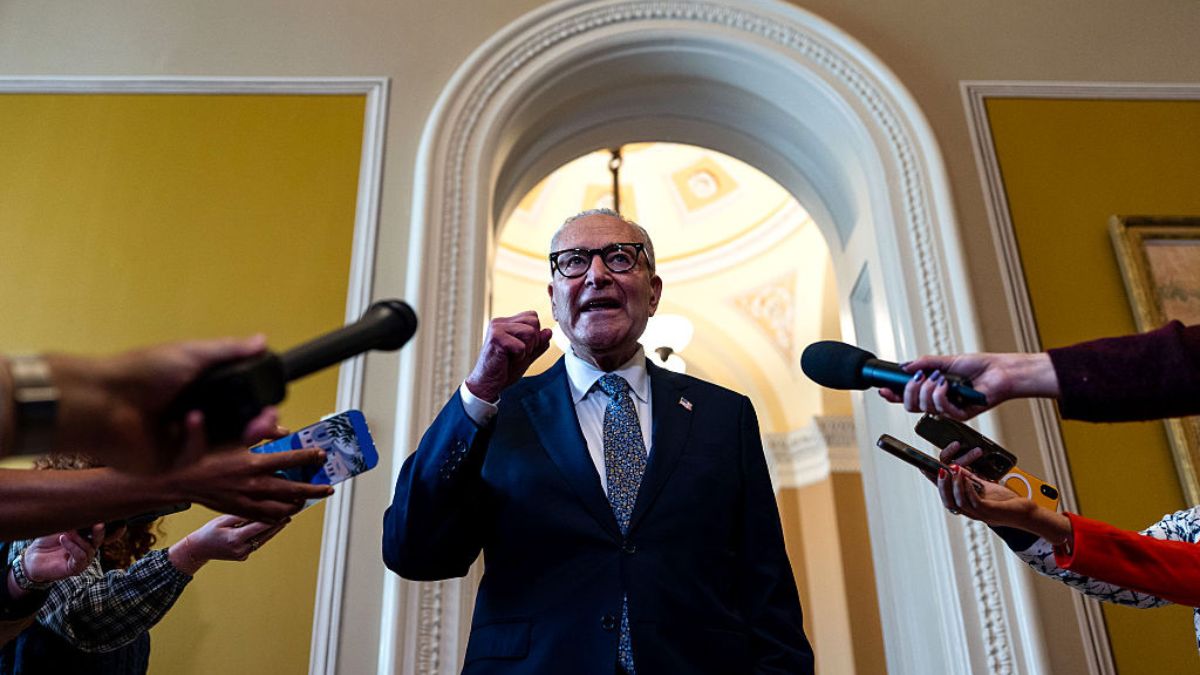
Congressional Democrats are deeply split over whether to force a government shutdown if Republicans refuse to address expiring health care benefits. Senate Democratic Leader Chuck Schumer and House Democratic Leader Hakeem Jeffries are taking a hard stance on government funding talks, demanding major deals on health care before agreeing to keep the government open past September 30.
The split centers on the coming end of enhanced Affordable Care Act subsidies and deep cuts to Medicaid that Republicans passed through the One Big Beautiful Bill Act. Democrats broadly agree these changes will hurt millions of Americans with higher health care costs, but they disagree on strategy. Some centrist Democrats worry their party could be blamed for a shutdown, while progressive members push for a more confrontational approach.
Senator Raphael Warnock, who co-hosted a bipartisan barbecue lunch with colleagues, expressed hope that cooler heads might prevail. “Maybe we can figure it out over the barbecue,” he said, according to The Hill, trying to sound hopeful about finding a solution before the funding deadline.
Democrats remember Schumer’s painful decision in March
The current fight takes place against the backdrop of Schumer’s controversial decision in March, when he finally voted with Republicans to avoid a government shutdown. That move sparked intense criticism from the Democratic base, with many arguing he gave away leverage without getting anything in return. House Democrats had urged their Senate counterparts to hold firm, but Schumer argued that a shutdown would give President Trump too much power to slash federal programs.
One anonymous Democratic senator noted that progressives considering presidential runs have pushed hardest for confrontation with Republicans. “Most people want to avoid brinkmanship except some of those people who may be running for president,” the lawmaker said. Senator John Fetterman warned it would be “wrong” for Democrats to force a shutdown, saying “It was wrong for the Republicans to do it. It’s wrong for us to do it, too.”
Republicans trying desperately to rebrand their big, ugly bill is not going to prevent rural hospitals from closing down, people being kicked off health insurance, premiums going up, kids losing nutrition funding. pic.twitter.com/wZTINTtE7W
— Chuck Schumer (@SenSchumer) September 3, 2025
Centrist Democrats from swing states like Nevada, Pennsylvania and Arizona face different political situations than leadership members from deep-blue states. Senator Catherine Cortez Masto said she is not prepared to vote for a shutdown if Republicans refuse health care deals, while Senator Mark Kelly stopped short of drawing hard lines on government funding.
The stakes center on health care costs for millions of Americans. The enhanced ACA subsidies that helped reduce insurance premiums will expire at the end of the year unless Congress acts. Additionally, the One Big Beautiful Bill Act cut nearly $1 trillion from Medicaid over the next decade, with the Congressional Budget Office estimating that 12 million people could lose coverage by 2034. The political consequences of these health care changes will likely extend well beyond the immediate budget fight.
Republicans need at least seven Democratic votes in the Senate to pass any funding measure, giving Democrats significant leverage in talks. However, some worry that Trump and congressional Republicans might prefer a shutdown to pressure Democrats into accepting their terms. The September 30 deadline leaves little time for compromise, with both sides appearing to dig in for a potentially lengthy standoff over health care funding and government operations.







